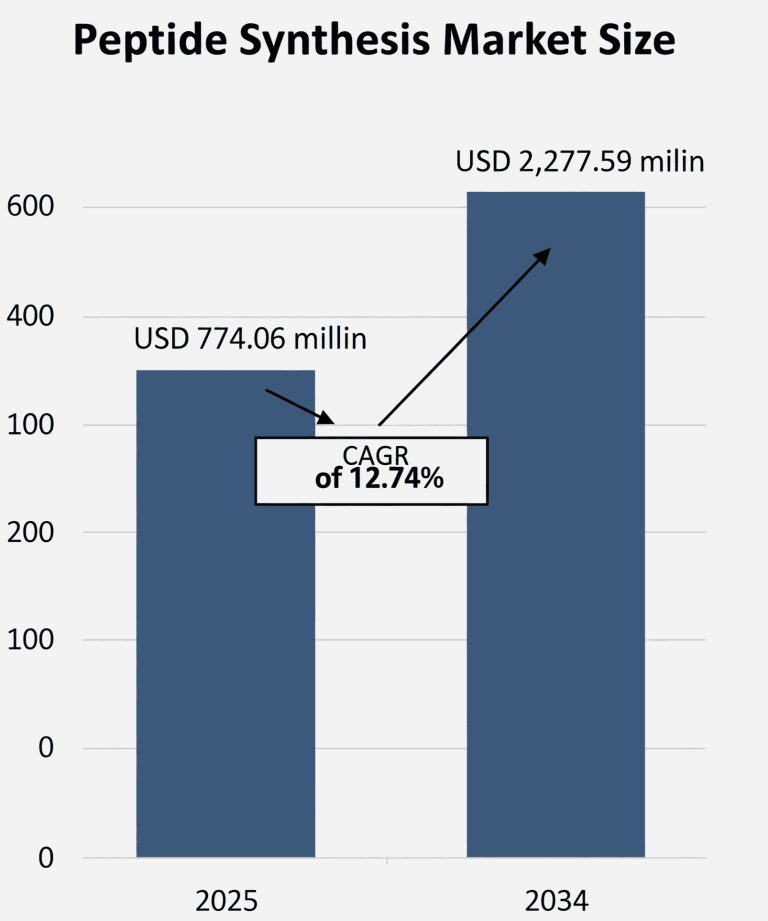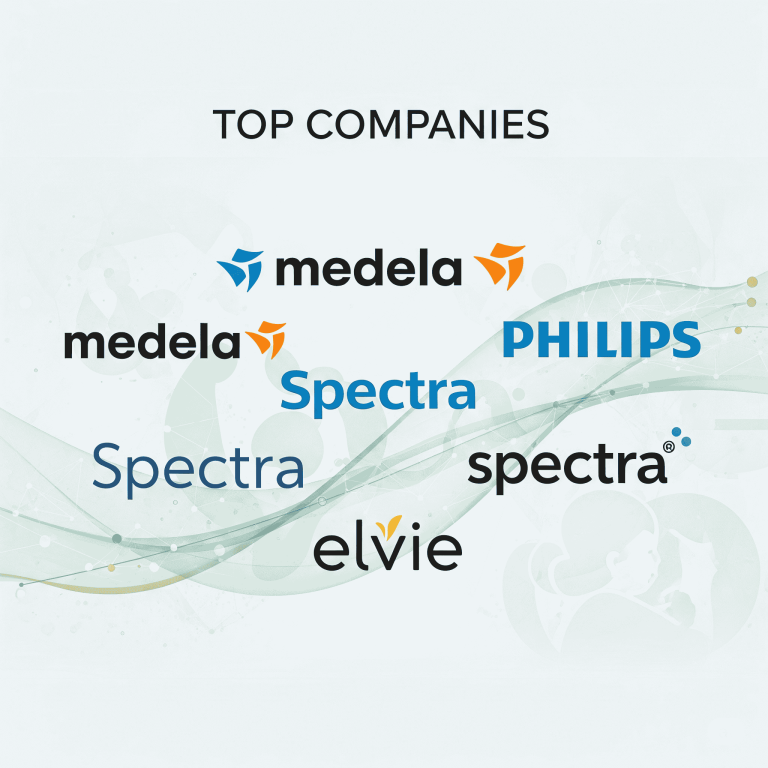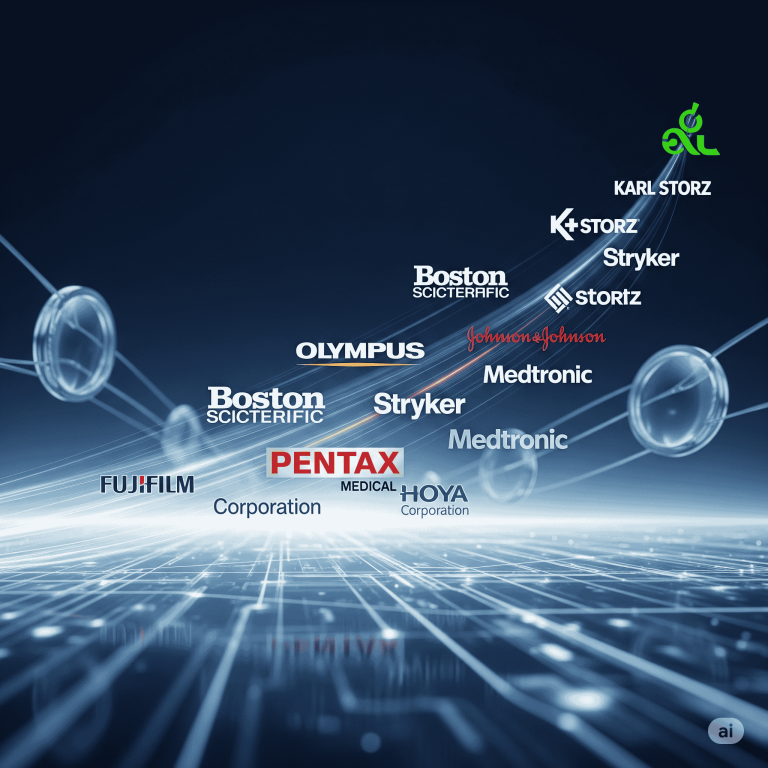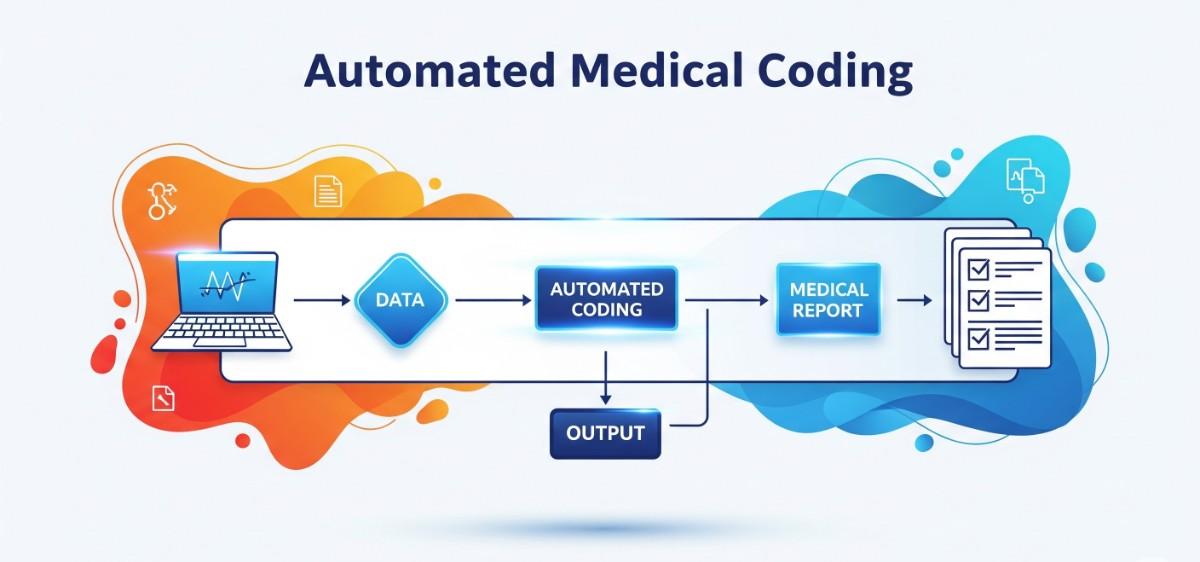
The global healthcare ecosystem is undergoing a profound transformation. One of the most pivotal shifts is the surge in demand for automated medical coding. With increasing patient volumes, complex billing systems, and the urgency to reduce administrative overhead, healthcare providers are turning toward AI-powered solutions for medical coding. This trend is reshaping the market by enabling more efficient, accurate, and scalable coding workflows.
Invest in Our Premium Strategic Solution: https://www.towardshealthcare.com/download-databook/5753
The Role of AI and NLP in Modern Medical Coding
At the core of this evolution lies the integration of artificial intelligence (AI), natural language processing (NLP), and machine learning technologies. These tools automatically translate clinical notes into standardized medical codes, facilitating faster billing and reducing manual errors. They also support real-time auditing, improve documentation consistency, and enhance compliance with dynamic regulatory frameworks.
Platforms like Aideo Technologies and Maverick Medical AI are leading this transformation. For instance, in December 2024, Maverick successfully rolled out its AI-powered mCoder system across 399 RadNet, Inc. locations. This implementation showcases how deep learning and synthetic data can revolutionize medical billing.
Key Market Trends to Watch in 2025
Innovation continues to fuel significant developments in the market:
-
KODE Health’s Expansion: In January 2025, KODE Health secured $27 million in Series B funding. The company aims to bolster its AI-enabled coding solutions and grow its network of certified coders.
-
Strategic Partnerships: A noteworthy collaboration emerged in July 2024 when Aideo Technologies teamed up with Exela Technologies. The partnership blends Exela’s generative AI with Aideo’s coding platforms to enhance accuracy and efficiency in billing.
-
New Recognition: Fathom, a pioneer in autonomous coding, was listed among the New York Digital Health 100 in 2025. Its platform now automates over 90 percent of coding tasks, helping healthcare systems streamline operations and improve revenue capture.
Get All the Details in Our Solutions – Access Report Preview: https://www.towardshealthcare.com/download-sample/5753
Driving Factors Behind Market Growth
Growing Healthcare Data Volumes
The explosive growth of electronic health records (EHRs) and digital health platforms is generating vast amounts of clinical data. Manual coding systems can no longer keep pace. Automated coding platforms address this gap by rapidly processing high-volume datasets with high precision.
For example, Omega Healthcare Management Services adopted UiPath’s AI-driven document processing tool in June 2025. This solution automated billing and claims management for over 350 partners, processing 250 million transactions annually while achieving 99.5 percent accuracy.
Integration with EHR Systems
Seamless integration with EHR platforms represents a major growth opportunity. By automating code generation directly within clinical workflows, providers can improve turnaround times and coding accuracy.
In December 2024, Arintra integrated its AI coding tool into Epic’s EHR ecosystem, offering real-time coding capabilities that significantly boosted provider efficiency.
If you have any questions, please feel free to contact us at sales@towardshealthcare.com
Challenges and Restraints
Despite its benefits, the market is not without challenges. Data privacy and security concerns pose a serious obstacle. Automated medical coding systems handle sensitive patient information and must adhere to strict data protection laws such as HIPAA. Building secure, compliant infrastructure is often costly and complex, especially for smaller healthcare providers.
Regional Outlook: How the Market is Expanding Globally
North America: Leading the Charge
North America, particularly the United States, remains at the forefront of adoption. Factors contributing to this leadership include advanced healthcare IT infrastructure, regulatory mandates, and a tech-savvy ecosystem. Notably, in August 2024, CodeMetrix’s AI platform CodaMetrix was recognized as a top-tier autonomous coding solution within the Epic system.
Canada: A Growing Market
Canada is also making strides in this space. Supported by government initiatives like Canada Health Infoway, hospitals are rapidly digitizing and adopting AI-based coding platforms. Semantic Health is one of the notable companies deploying AI-assisted tools to streamline clinical documentation and improve coding precision.
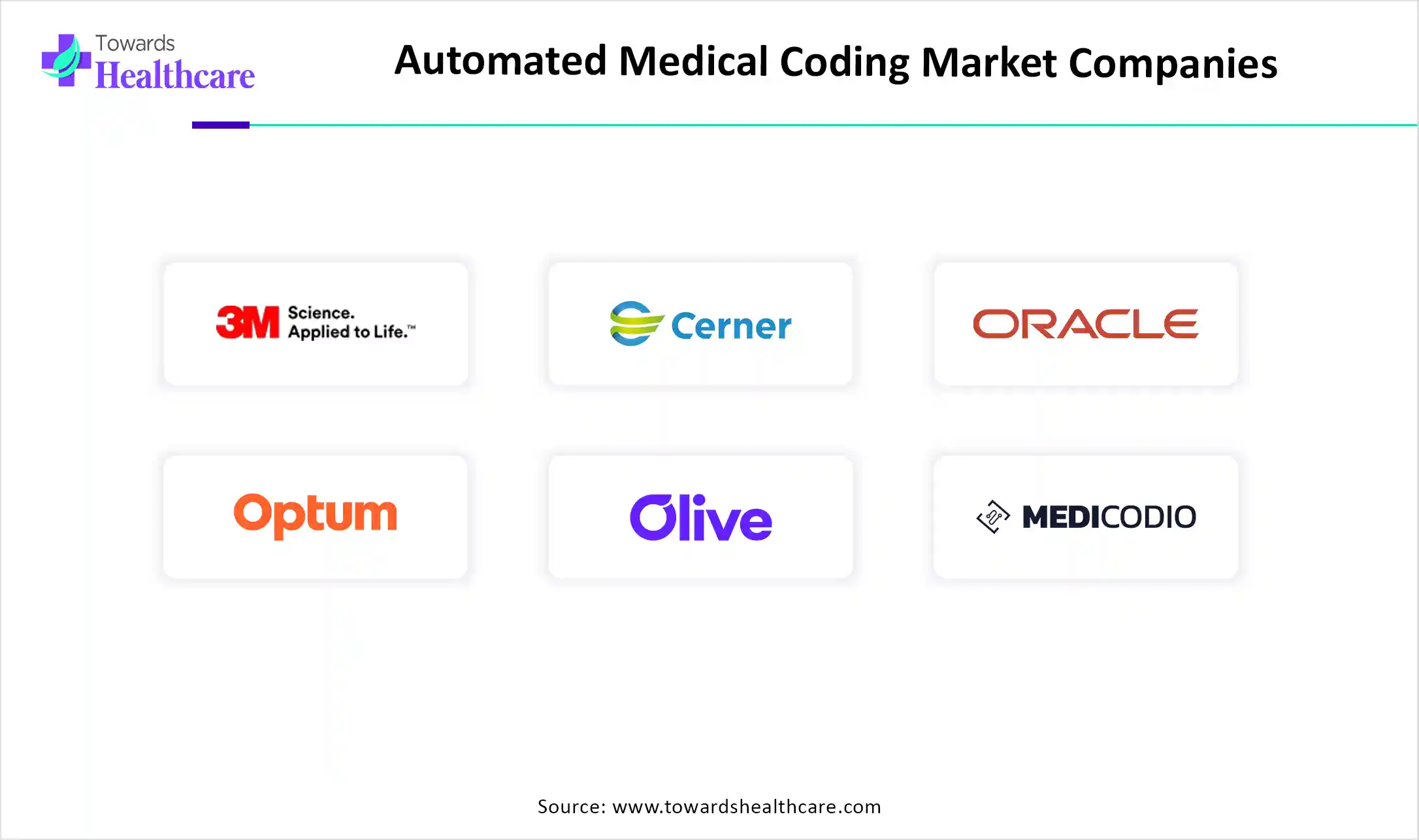
Asia-Pacific: Fastest Growing Region
The Asia-Pacific region is expected to register the fastest growth rate from 2025 onward. Countries like China, India, Japan, and South Korea are heavily investing in healthcare digitization. In India, government policies and a strong IT outsourcing backbone are fostering the development of scalable, AI-powered coding platforms.
In China, the automated medical coding market benefits from a vast dataset ecosystem and strong regulatory backing. In 2023, China’s AI healthcare market reached over 1.5 billion dollars and is projected to grow rapidly.
Opportunities for the Future
As healthcare systems become more digitized, the integration of AI with EHR systems will open new frontiers. Automation not only reduces coding errors but also enhances healthcare outcomes through quicker reimbursement cycles and improved clinical documentation. For health systems looking to optimize operations, automated coding platforms are no longer optional—they are essential.
Recent Innovations to Note
-
Aideo Technologies and Exela Technologies (July 2024): Their combined AI solution aims to revolutionize billing accuracy and boost operational efficiency.
-
Clinion’s AI Medical Coding Tool (2023): Designed for clinical trials, this platform accelerates the coding of large trial datasets while reducing the manual burden on research teams.
Source : https://www.towardshealthcare.com/insights/automated-medical-coding-market-sizing
